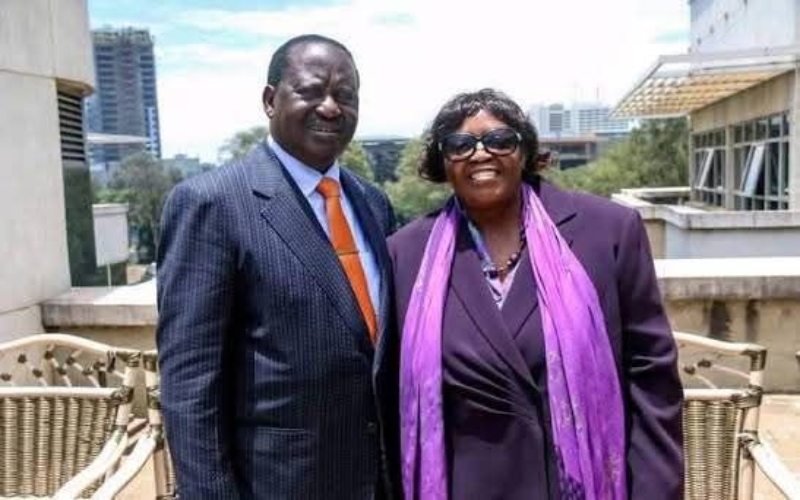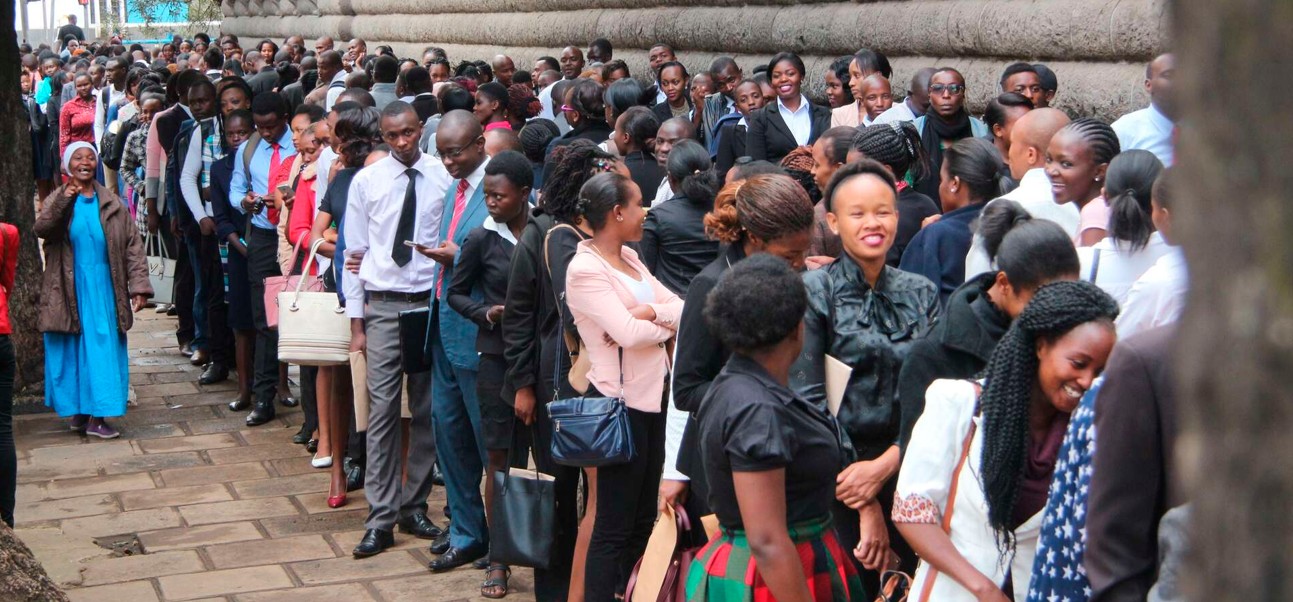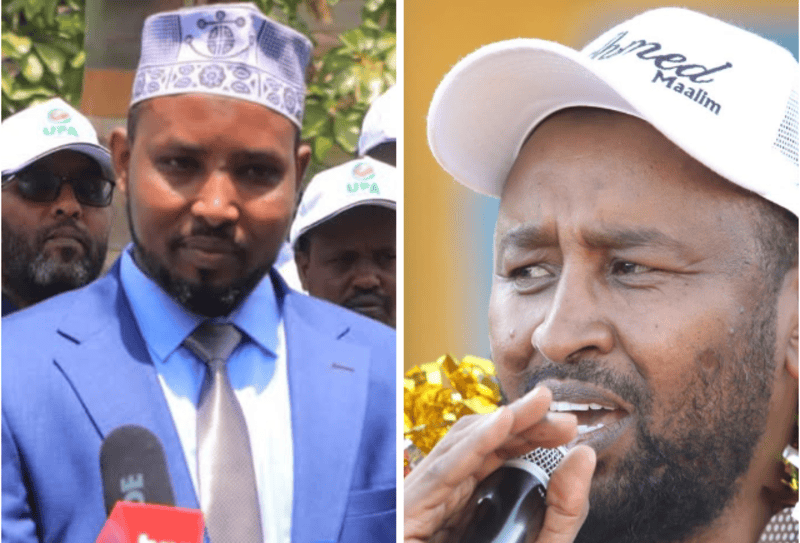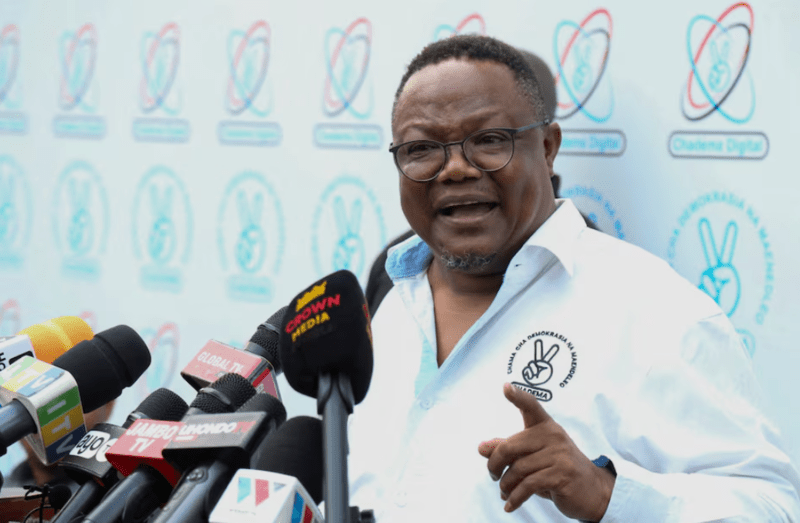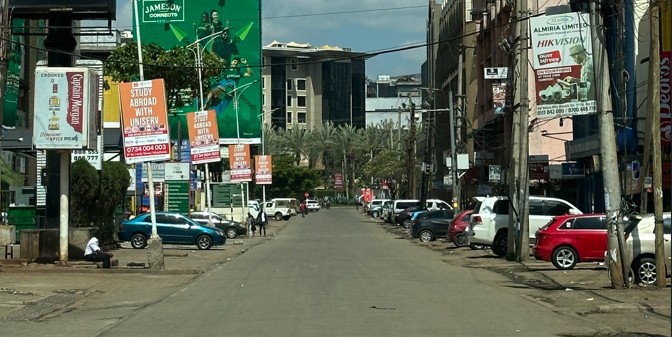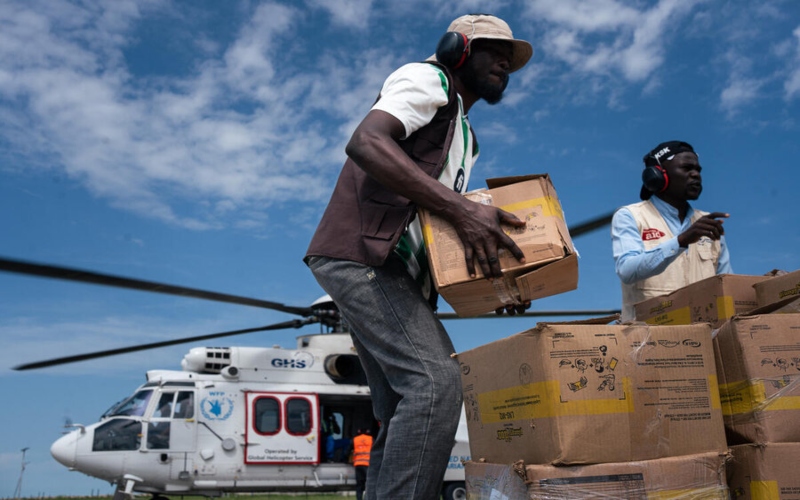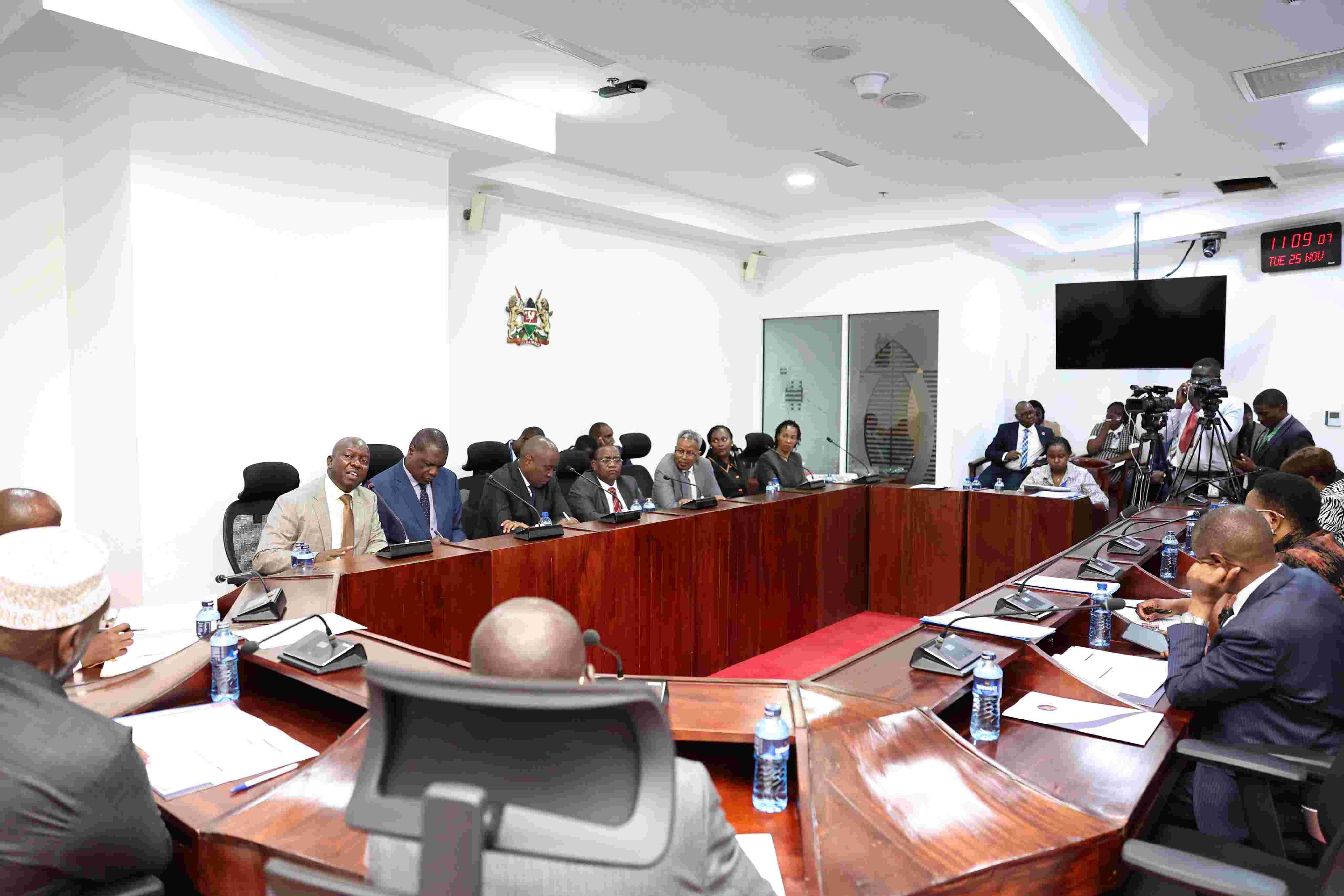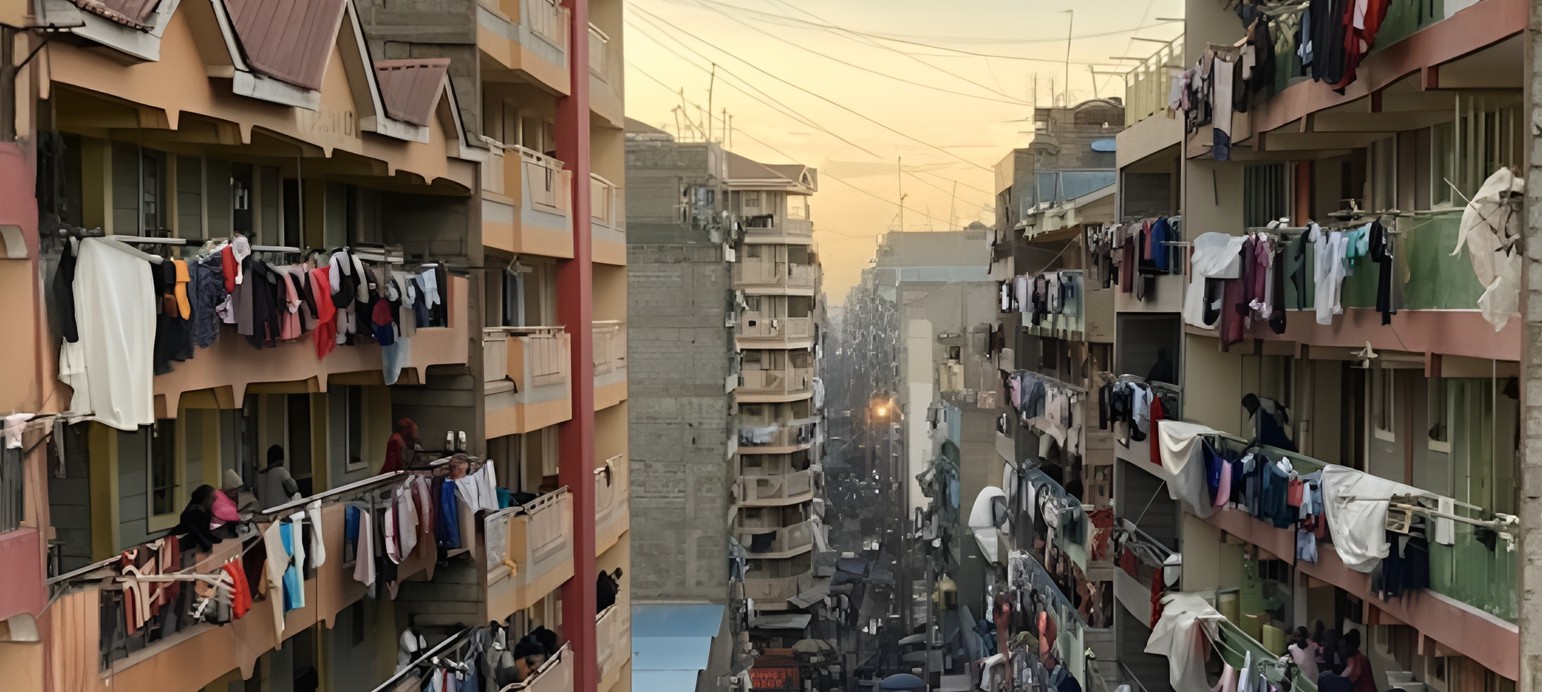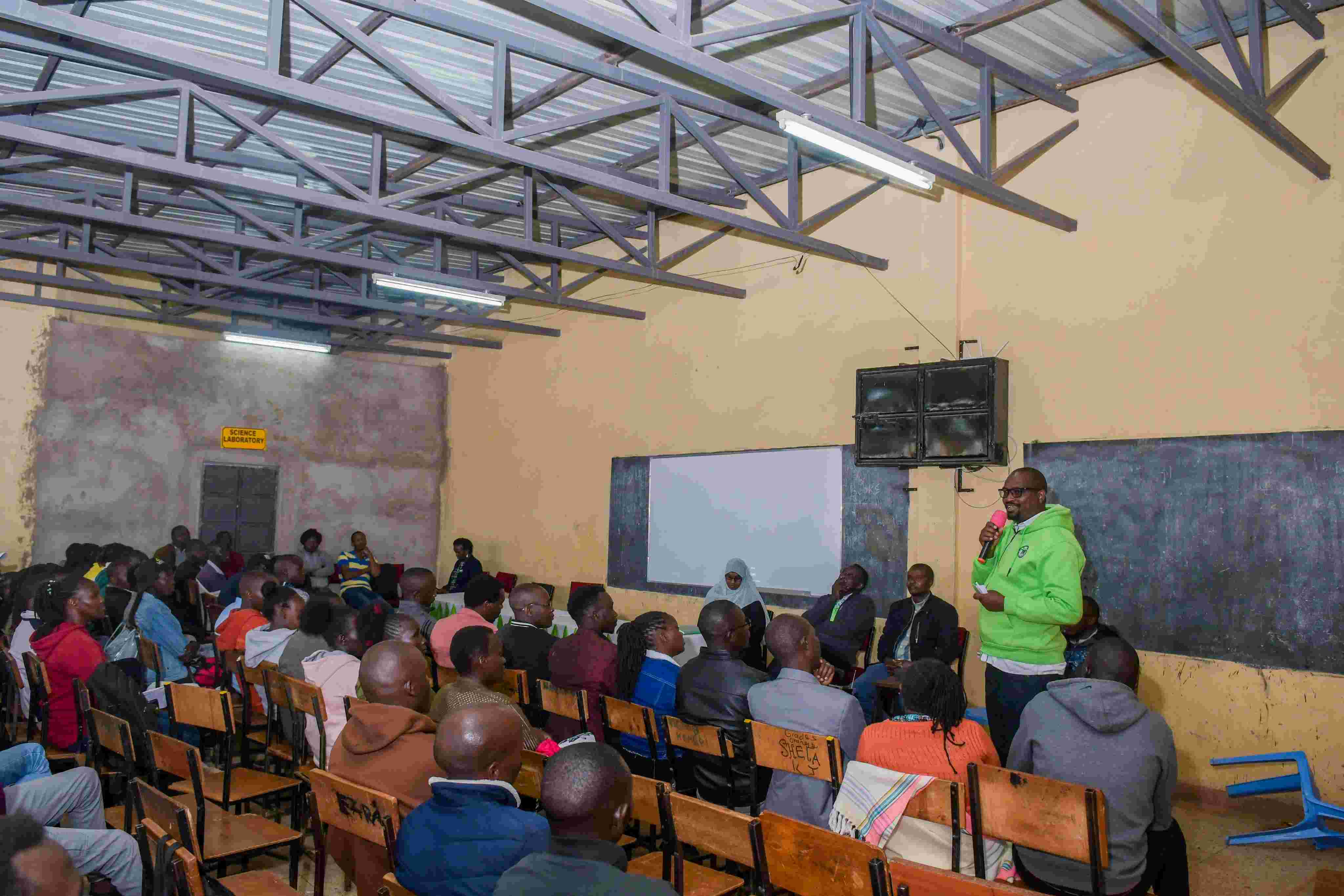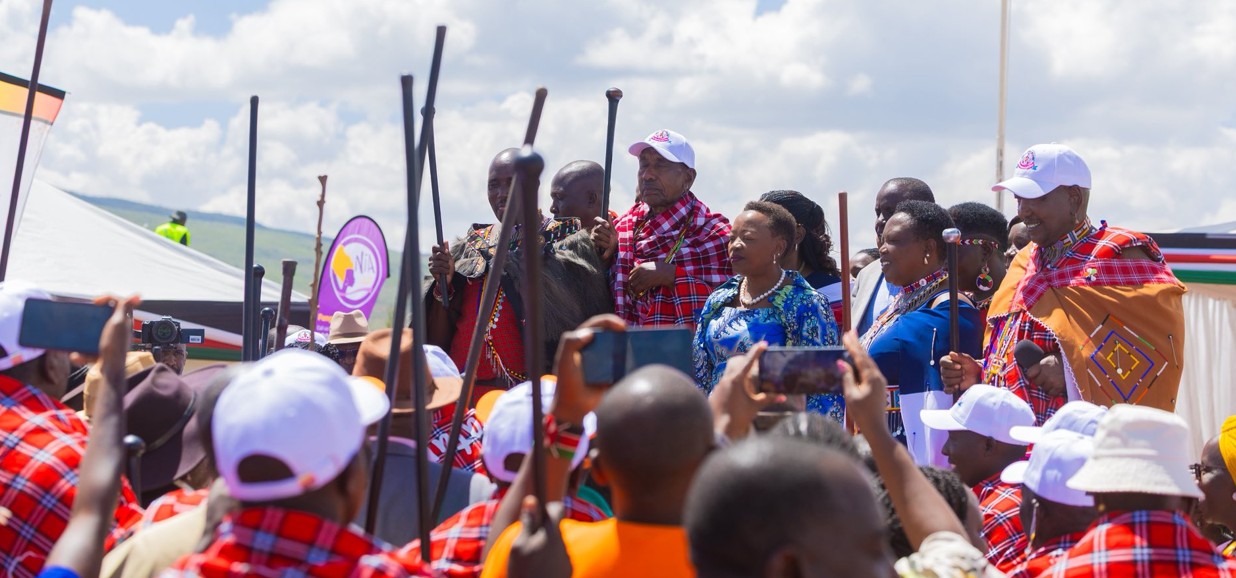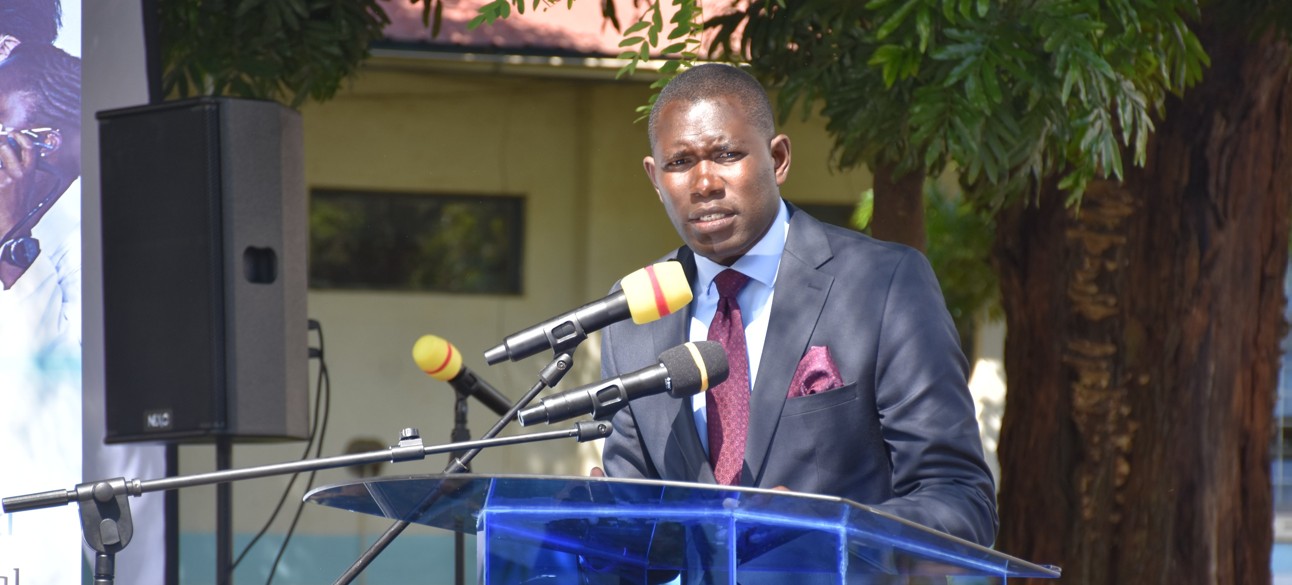Libyan political rivals agree to work with UN to end political deadlock

Many Libyans have voiced scepticism that their political leaders are negotiating in good faith.
Delegations from rival Libyan legislative bodies agreed at talks in Morocco on Thursday to work together with a United Nations mission to pave the way for elections to end years of political deadlock.
Libya has undergone a chaotic decade since it split in 2014 between two administrations in its east and west following the NATO-backed uprising that toppled Muammar Gaddafi in 2011.
More To Read
- More than 1,000 migrants drown in Mediterranean so far this year, IOM says
- Son of Muammar Gaddafi freed on bail after a decade in Lebanese custody
- UN Security Council extends Libya mission, UNSMIL, until October 2026
- Libya rescues 49 Sudanese migrants off western coast
- Ex-French President Sarkozy to commence jail term over Gaddafi funds scandal
- Libya’s human smuggling networks tighten grip as new routes emerge
The talks in Bouznika, near the Moroccan capital Rabat, were between rival legislatures known as the High Council of State based in Tripoli in the west and the House of Representatives based in Benghazi in the east.
Restoring stability in Libya requires "free and fair elections," the two bodies said in a final statement.
To that end, they agreed to cooperate with the UN mission in Libya to elaborate a roadmap to end the crisis in a way that ensures "Libyan ownership" of the political process.
The two bodies also agreed to cooperate to form a national unity government as well as launch institutional, financial and security reform.
Technical committee of experts
Stephanie Koury, acting head of the UN mission in Libya (UNSMIL), said last week the United Nations would convene a technical committee of Libyan experts to resolve contentious issues and put the country on a path to national elections.
A political process to end years of institutional division, outright warfare and unstable peace has been stalled since an election scheduled for December 2021 collapsed, amid disputes over the eligibility of the main candidates.
The House of Representatives was elected in 2014 as the national parliament with a four-year mandate to oversee a political transition.
Under a 2015 Libyan Political Agreement, the High State Council was formed as a consultative second chamber with an advisory role. But the House of Representatives then appointed its own rival government, saying the mandate of the prime minister of a government of national unity had expired.
Little clout
The eastern-appointed government has had little clout, but its appointment revived Libya's east-west division.
Many Libyans have voiced scepticism that their political leaders are negotiating in good faith, believing them to be unwilling to bring forward elections that might remove them from their positions of power.
"Libyans are anxious about their country's future," Koury said in remarks to the UN Security Council on Monday.
"The success of the UN-facilitated political process first and foremost requires political will and the commitment of Libyan actors to refrain from unilateral actions that continue to entrench institutional divisions and polarisation."
Top Stories Today
